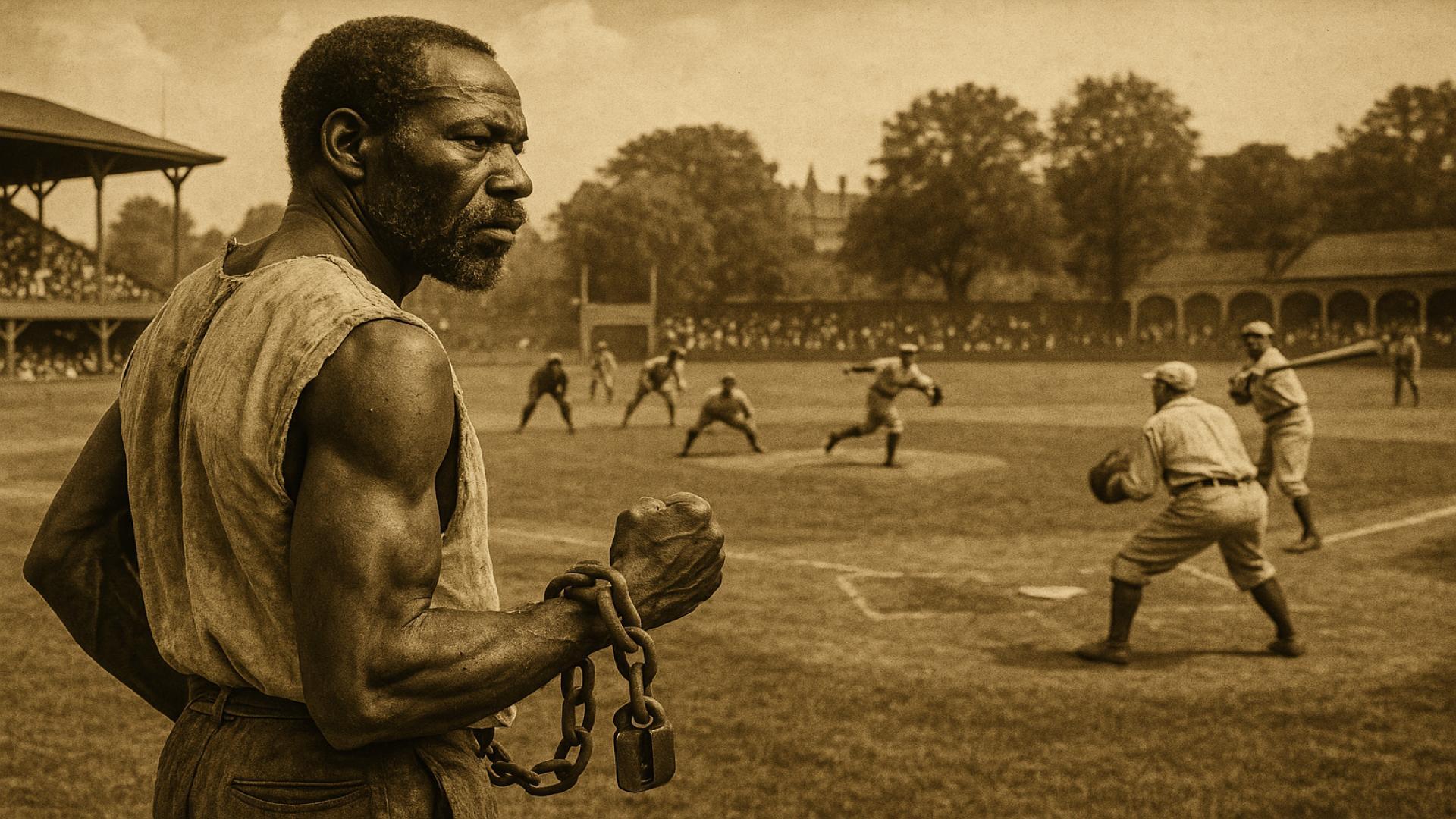2. Slave Labor and the Construction of Sports Venues

The hands of enslaved people literally shaped the early landscape of American sports. Slave laborers constructed grandstands, racetracks, and athletic fields on Southern plantations and in emerging cities. These venues became gathering places for communities and hosted some of the first organized competitions. By building the physical infrastructure for sporting events, enslaved workers made it possible for American sports to grow into public spectacles.
















